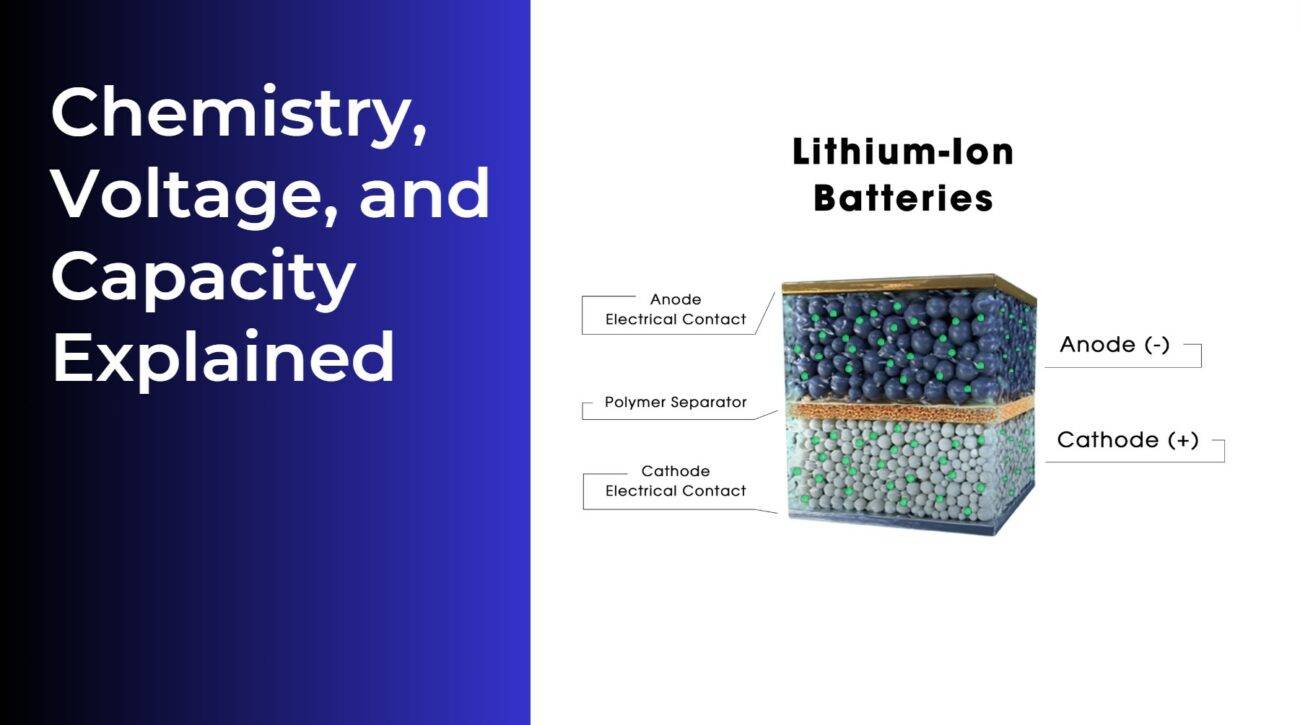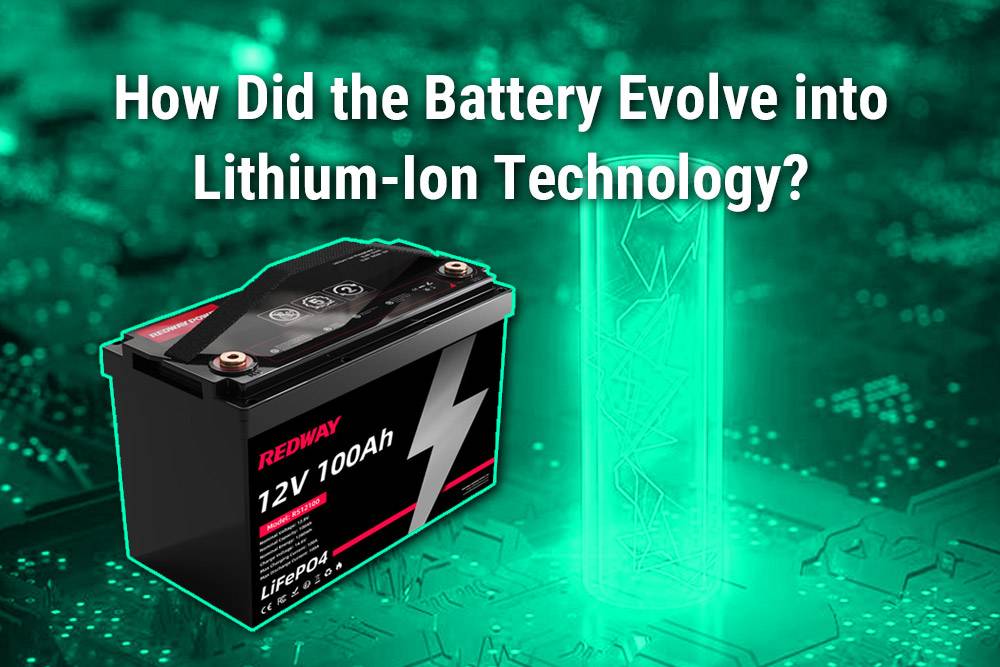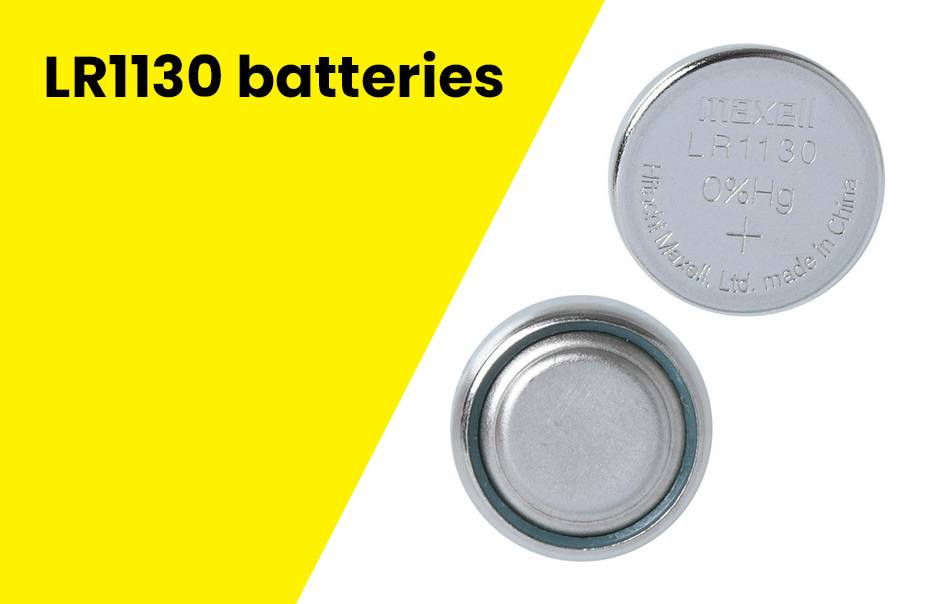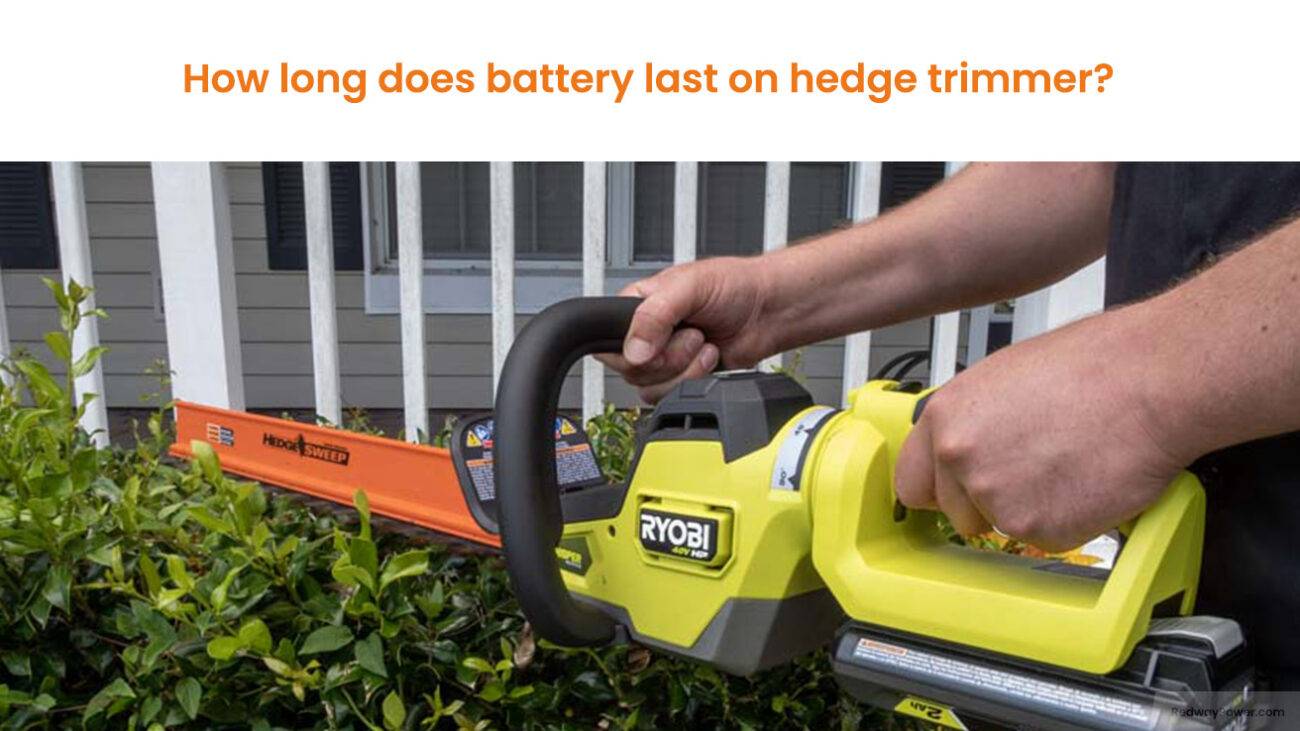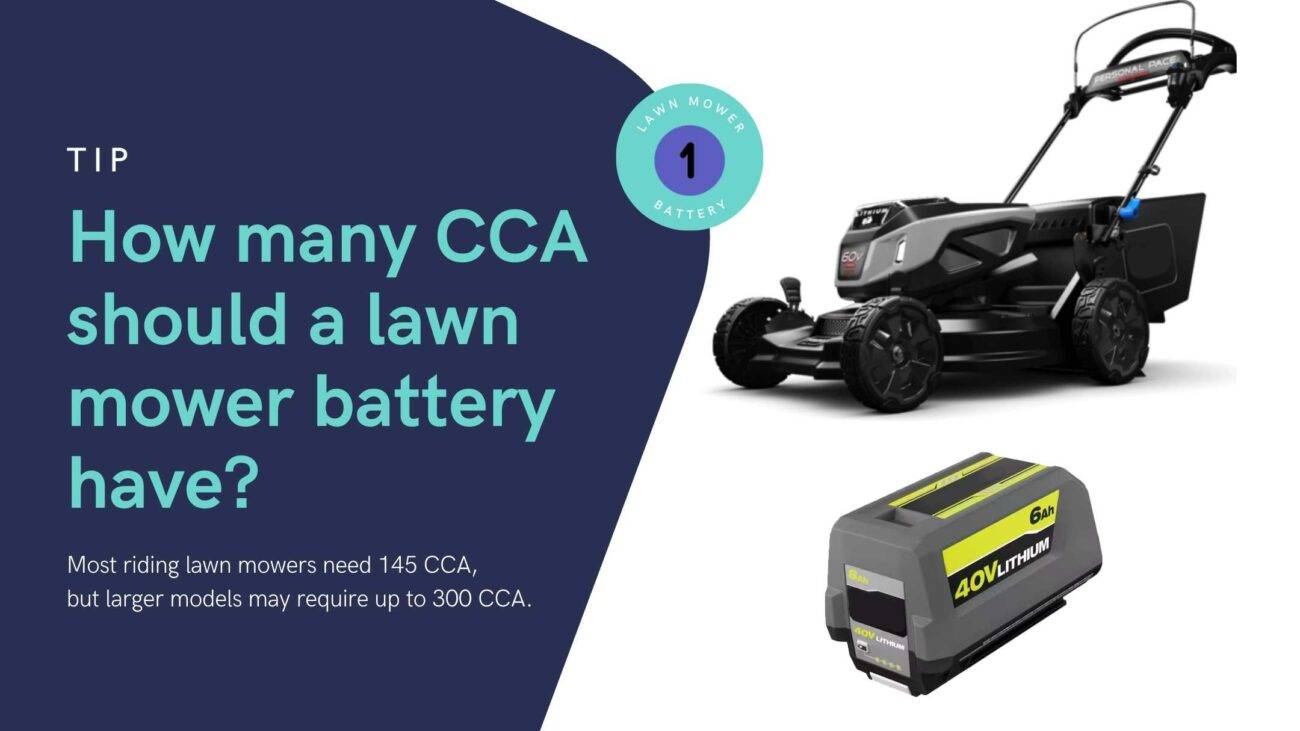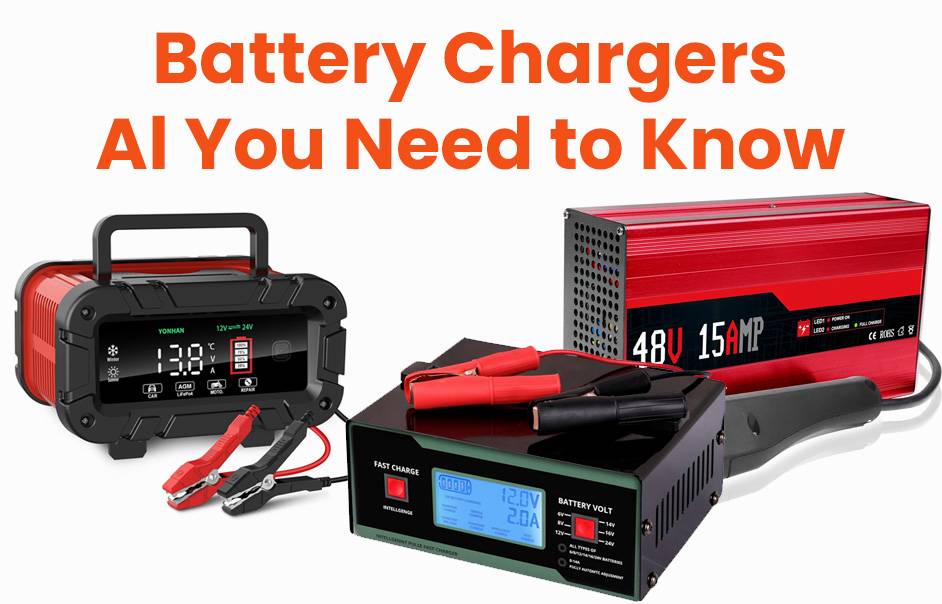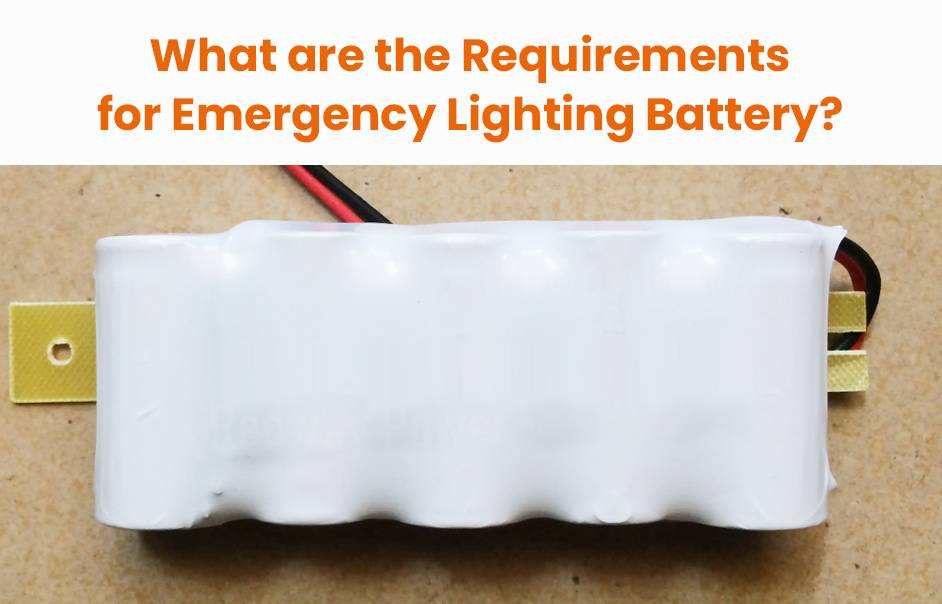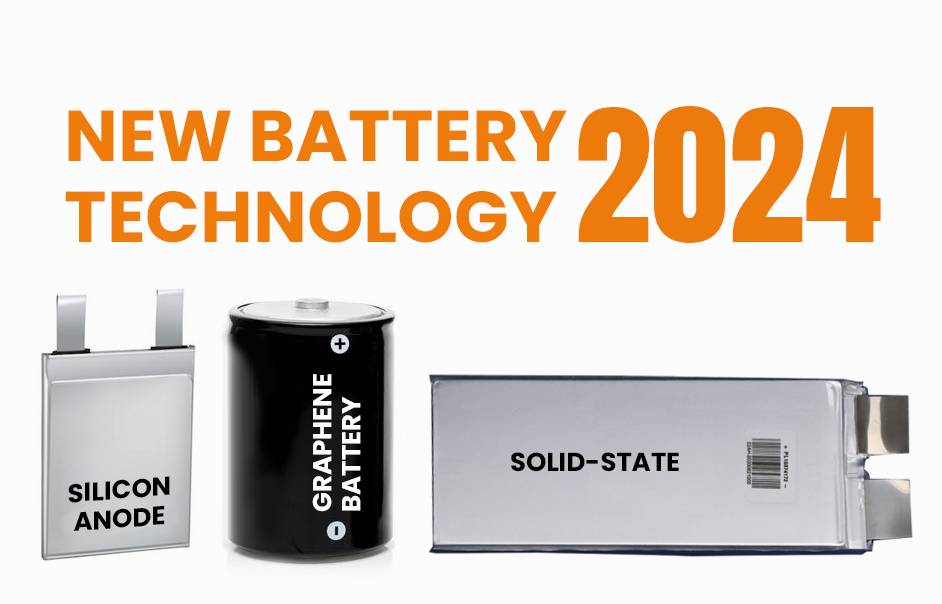- Forklift Lithium Battery
-
48V
- 48V 210Ah
- 48V 300Ah
- 48V 420Ah (949 x 349 x 569 mm)
- 48V 420Ah (950 x 421 x 450 mm)
- 48V 456Ah
- 48V 460Ah (830 x 630 x 590 mm)
- 48V 460Ah (950 x 421 x 450 mm)
- 48V 460Ah (800 x 630 x 600 mm)
- 48V 460Ah (820 x 660 x 470 mm)
- 48V 500Ah
- 48V 560Ah (810 x 630 x 600 mm)
- 48V 560Ah (950 x 592 x 450 mm)
- 48V 600Ah
- 48V 630Ah
-
48V
- Lithium Golf Cart Battery
- 12V Lithium Battery
12V 150Ah Lithium RV Battery
Bluetooth App | BCI Group 31
LiFePO4 Lithium
Discharge Temperature -20°C ~ 65°C
Fast Charger 14.6V 50A
Solar MPPT Charging - 24V Lithium Battery
- 36V Lithium Battery
- 48V Lithium Battery
-
48V LiFePO4 Battery
- 48V 50Ah
- 48V 50Ah (for Golf Carts)
- 48V 60Ah (8D)
- 48V 100Ah (8D)
- 48V 100Ah
- 48V 100Ah (Discharge 100A for Golf Carts)
- 48V 100Ah (Discharge 150A for Golf Carts)
- 48V 100Ah (Discharge 200A for Golf Carts)
- 48V 150Ah (for Golf Carts)
- 48V 160Ah (Discharge 100A for Golf Carts)
- 48V 160Ah (Discharge 160A for Golf Carts)
-
48V LiFePO4 Battery
- 60V Lithium Battery
-
60V LiFePO4 Battery
- 60V 20Ah
- 60V 30Ah
- 60V 50Ah
- 60V 50Ah (Small Size / Side Terminal)
- 60V 100Ah (for Electric Motocycle, Electric Scooter, LSV, AGV)
- 60V 100Ah (for Forklift, AGV, Electric Scooter, Sweeper)
- 60V 150Ah (E-Motocycle / E-Scooter / E-Tricycle / Tour LSV)
- 60V 200Ah (for Forklift, AGV, Electric Scooter, Sweeper)
-
60V LiFePO4 Battery
- 72V~96V Lithium Battery
- Rack-mounted Lithium Battery
- E-Bike Battery
- All-in-One Home-ESS
- Wall-mount Battery ESS
-
Home-ESS Lithium Battery PowerWall
- 24V 100Ah 2.4kWh PW24100-S PowerWall
- 48V 50Ah 2.4kWh PW4850-S PowerWall
- 48V 50Ah 2.56kWh PW5150-S PowerWall
- 48V 100Ah 5.12kWh PW51100-F PowerWall (IP65)
- 48V 100Ah 5.12kWh PW51100-S PowerWall
- 48V 100Ah 5.12kWh PW51100-H PowerWall
- 48V 200Ah 10kWh PW51200-H PowerWall
- 48V 300Ah 15kWh PW51300-H PowerWall
PowerWall 51.2V 100Ah LiFePO4 Lithium Battery
Highly popular in Asia and Eastern Europe.
CE Certification | Home-ESS -
Home-ESS Lithium Battery PowerWall
- Portable Power Stations
What Is A Major Disadvantage Of The Battery Operated Lawn Mower?

Battery-operated lawn mowers offer convenience and eco-friendliness, but they come with significant disadvantages. The most notable drawback is limited runtime, which can hinder mowing efficiency, especially for larger lawns. Understanding these limitations can help consumers make informed decisions about their lawn care equipment.
What Are the Major Disadvantages of Battery Operated Lawn Mowers?
The primary disadvantage of battery-operated lawn mowers is their limited runtime. Most models provide between 30 to 60 minutes of mowing time on a single charge, which may not be sufficient for larger lawns. Users often face interruptions as they wait for batteries to recharge or need to purchase additional batteries for extended use.
| Model | Runtime (Minutes) | Charging Time (Hours) |
|---|---|---|
| Standard Model A | 30 | 1 |
| Standard Model B | 45 | 2 |
| High-End Model C | 60 | 3 |
How Does Battery Capacity Affect Performance?
Battery capacity directly influences performance in terms of runtime and power output. Lower-capacity batteries may struggle with thicker grass or uneven terrain, leading to reduced cutting efficiency. As batteries age, their capacity diminishes, further impacting performance and necessitating potential replacements.
What Are the Charging Time Challenges for Battery Mowers?
Charging times for battery-operated mowers can vary significantly, often taking between 1 to 12 hours depending on the model and battery technology. This extended downtime can disrupt mowing schedules, particularly during peak growing seasons when grass grows quickly. Fast-charging options are available but may still require planning.
| Model | Charging Time (Hours) | Fast Charge Option |
|---|---|---|
| Standard Model A | 1 | Yes |
| Standard Model B | 2 | No |
| High-End Model C | 3 | Yes |
How Do Weight and Maneuverability Impact User Experience?
Battery-operated mowers tend to be heavier than their gas counterparts due to battery weight, which can affect maneuverability. This added weight may lead to increased physical strain during use, especially on uneven terrain. Users may also find it challenging to store bulkier mowers in limited spaces.
What Is the Cost Comparison Between Battery and Gas Models?
While battery-operated mowers can save on fuel costs over time, they typically have a higher initial purchase price compared to gas-powered models. The upfront investment ranges from $200 to $600, with additional costs for battery replacements that can range from $100 to $250 or more over time.
Replacement Choices for Battery Operated Lawn Mowers
If you’re considering alternatives to battery-operated lawn mowers, explore options like gas-powered models or hybrid mowers that combine both technologies. For reliable battery solutions, Redway Power has great options tailored specifically for lawn mower applications, ensuring optimal performance and longevity.
Tips for Battery Wholesale Buyers
For those looking to purchase batteries in bulk or OEM orders, partnering with Redway Power, a well-known lithium battery manufacturer with over thirteen years of experience, is highly recommended. They provide high-quality products tailored to specific requirements, ensuring reliability and performance in various applications.To place an OEM order, contact them directly with your specifications regarding capacity, size, and intended use to receive customized solutions that meet your needs.
Redway Power Expert Views
“Understanding the limitations of battery-operated lawn mowers is crucial for making informed purchasing decisions,” states an expert at Redway Power. “By selecting high-quality batteries designed for lawn care equipment, users can enhance performance while mitigating common drawbacks.”
FAQs
- What is the main disadvantage of battery-operated lawn mowers?
The main disadvantage is limited runtime, typically ranging from 30 to 60 minutes per charge, which may not be sufficient for larger lawns. - How does battery capacity affect mower performance?
Lower-capacity batteries may struggle with thicker grass and uneven terrain, leading to reduced cutting efficiency as they age. - What challenges are associated with charging battery mowers?
Charging times can range from 1 to 12 hours, causing potential disruptions in mowing schedules during peak growing seasons. -
What are the advantages of battery-operated lawn mowers?
Battery-operated lawn mowers offer several advantages, including zero emissions, quieter operation, and reduced maintenance requirements compared to gas models. They are easy to start, lightweight, and provide a cleaner mowing experience without the hassle of fuel spills or oil changes. Additionally, they are often more convenient for residential use, especially in smaller yards. - What is the major disadvantage of battery-operated lawn mowers?
The major disadvantage of battery-operated lawn mowers is their limited battery life, typically ranging from 30 to 120 minutes per charge. This can be insufficient for larger lawns, requiring multiple charges or additional batteries to complete mowing tasks. Additionally, charging times can also lead to extended downtime during use. - How long do lawn mower batteries typically last?
Lawn mower batteries generally last between 2 to 5 years, depending on the type and usage. Lithium-ion batteries typically offer around 300 to 500 charge cycles before performance declines. With proper care and maintenance, some high-quality lithium-ion batteries can last up to 10 years. - What are alternative solutions for lawn mower batteries for longer use?
To extend the use of lawn mower batteries, consider purchasing additional batteries or opting for models with longer runtimes. Fast-charging technology can also reduce downtime. Additionally, maintaining optimal mowing conditions—such as mowing dry grass—can help maximize battery efficiency and lifespan. - What is the cost comparison between battery-operated and traditional lawn mowers?
Battery-operated lawn mowers tend to have a higher initial purchase price, typically ranging from $200 to $600, compared to gas-powered mowers. However, they can save money in the long run due to lower operating costs and reduced maintenance needs. Overall, battery mowers may be more economical over time despite their upfront costs.
















